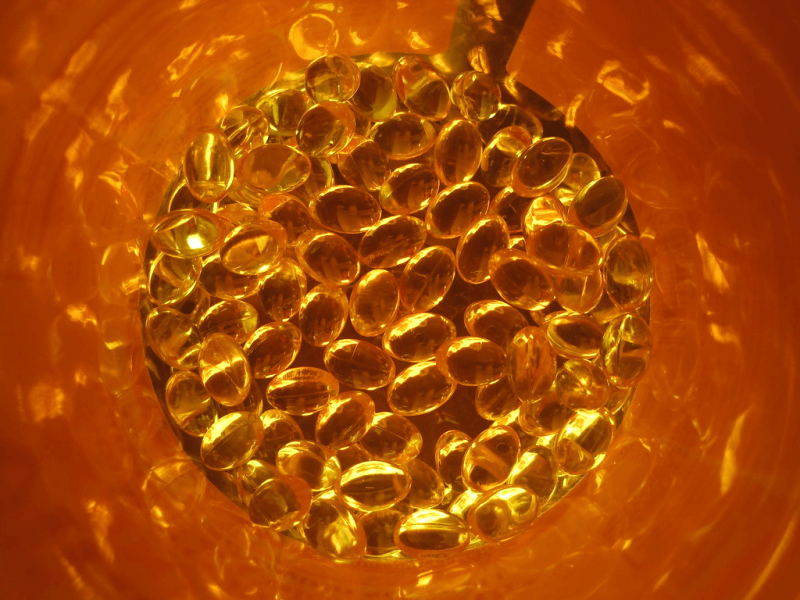In February scientists reported that vitamin D was associated with a reduced risk of suicide attempts among U.S. veterans. The study compared more than 600,000 veterans who took various doses of vitamin D with an equal number of those who did not ingest the supplements. Taking vitamin D, they concluded, was linked with a 45 to 48 percent overall reduction in the risk of visiting a hospital for a suicide attempt or intentional self-harm.
Still, even well-done observational studies cannot definitively prove that a person’s blood level of vitamin D contributes to their mental status or stability. Vitamin D status may instead simply tag along with some other behavior or genetic factor that is more influential. Although researchers try to match the people who took vitamin D with virtually identical controls, there is no way to be sure that there isn’t some other difference between the groups that could account for the findings, experts say.































